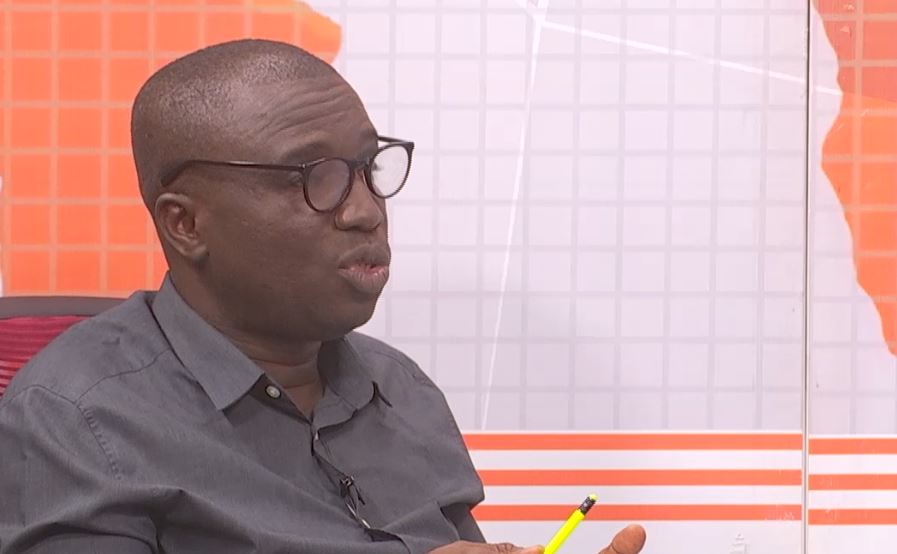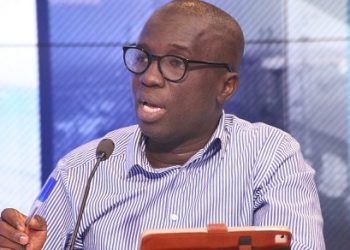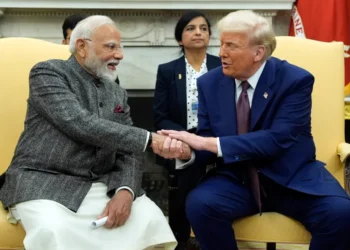The recent 2.45% increase in electricity tariffs by the Public Utilities Regulatory Commission (PURC) has been met with stern criticism from the West African Regional Director of CUTS International, Appiah Adomako Kusi, who has questioned the transparency and rationale behind the upward adjustment.
According to him, the decision lacked both clarity and credible public engagement. Mr. Adomako Kusi argued that the PURC had failed to provide an open and data-driven explanation for the increment, especially given recent gains in the local currency and a reported over-recovery in energy sector revenues.
“This increase is more or less non-transparent and also lacks public consultation because if PURC had come to the public, things would’ve been different”
Appiah Adomako Kusi, West African Regional Director of CUTS International
Mr. Adomako Kusi further noted that despite the Commission’s structure involving representatives from key institutions like the Association of Ghana Industries (AGI), it remains unclear who speaks for consumers.
“I don’t know who represents the interests of the Ghanaian consumer on the PURC board,” he remarked, further lamenting the absence of adequate public involvement.
For Adomako Kusi, the lack of clarity on consumer advocacy within PURC’s decision-making raises serious questions about the legitimacy of its recent actions. Yet his criticism highlighted broader concerns beyond stakeholder representation within regulatory bodies tasked with safeguarding public interest.

Ignored Currency Gains
Another key issue raised by the CUTS director was the cedi’s recent appreciation, which, according to him, should have worked in favour of consumers by lowering energy generation costs.
He pointed out that the cedi had gained more than five Ghana cedis against the dollar since the last tariff review, resulting in what he termed an “over-recovery” of funds.
“Now, PURC is supposed to have even declared and informed Ghanaians that as a result of the over-recovery, ‘we’ve been able to save this amount of money and it has been used to reduce the debt in the sector.’ Yet nothing was even mentioned about it”
Appiah Adomako Kusi, West African Regional Director of CUTS International
The failure to acknowledge and factor the cedi’s gains into the latest tariff review, and disclose them to the public as part of a transparent process, according to Mr. Adomako Kusi, casts more doubt on the credibility of PURC’s actions.
Pricing Disconnect
Mr. Adomako Kusi also challenged the scientific and economic basis for the upward adjustment, especially considering the makeup of Ghana’s energy generation sources.
He explained that with the energy mix now 72% thermal and 28% hydro, and with thermal generation heavily reliant on dollar-denominated fuels like natural gas and crude oil, a reduction in those prices should have translated into lower tariffs.

“There is no scientific or mathematical reason for you to come and tell us that you still have to increase the price again. I mean, this defies logic”
Appiah Adomako Kusi, West African Regional Director of CUTS International
According to him, PURC’s failure to publish the calculations behind its pricing model leaves too many questions unanswered. He called on the Commission to “come and disclose their calculation, show working on how they arrived at this.”
The recurring theme in Mr. Adomako Kusi’s critique is a demand for openness. The call for PURC to publicly release the methodologies behind its pricing decisions is part of a broader push for regulatory accountability.
Without this, he suggested, consumer confidence in energy sector regulation will continue to erode, as well as their willingness to cooperate with the new price changes since the 2.45% tariff hike comes at a time when many households and businesses are already struggling with economic pressures.
The new government so far has committed to improving transparency in public sector operations. Whether PURC will respond with a breakdown of its tariff calculation for the sake of the protesting masses, remains to be seen.



















